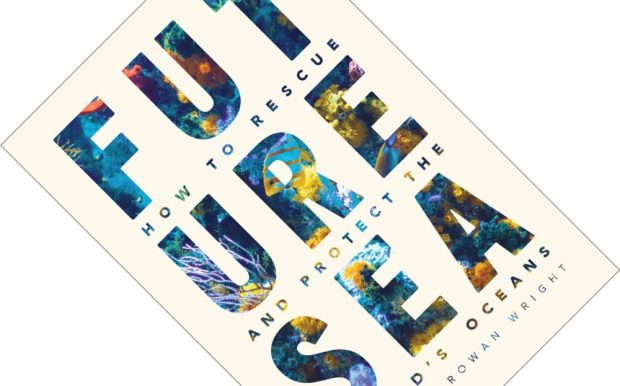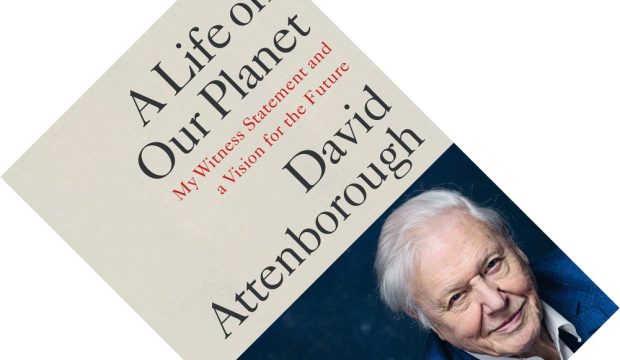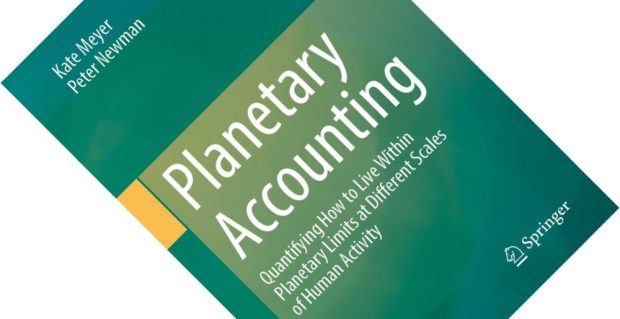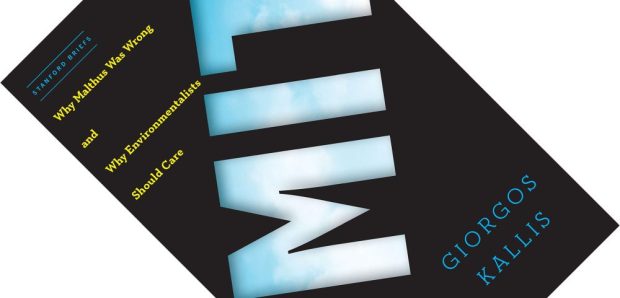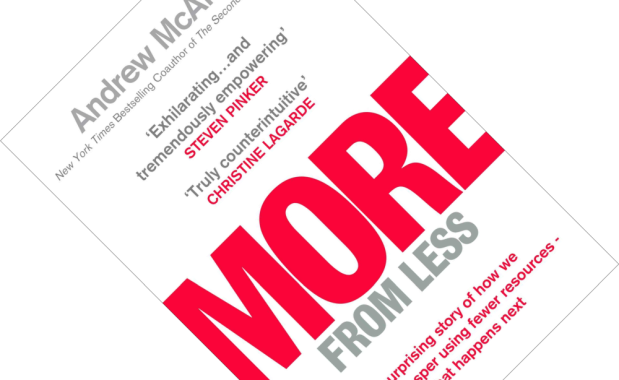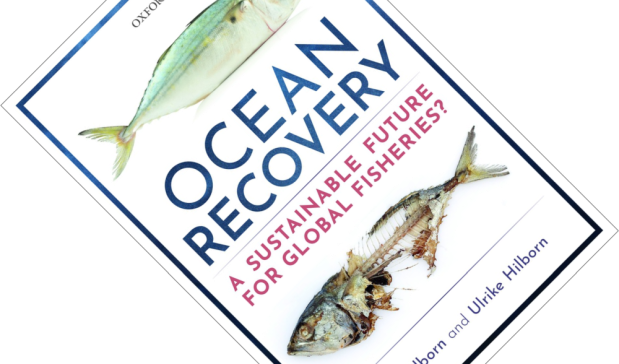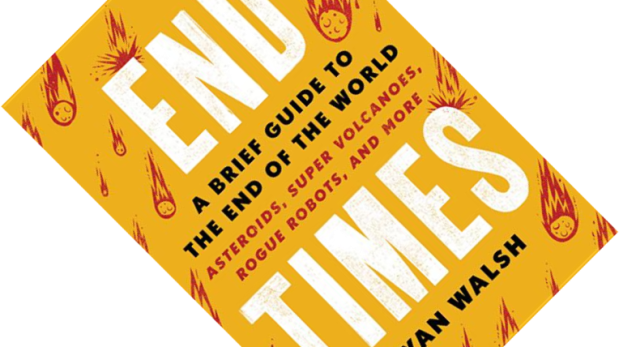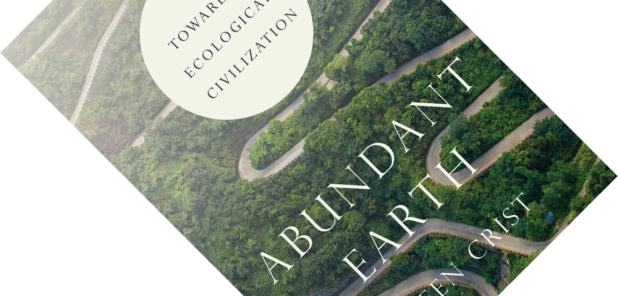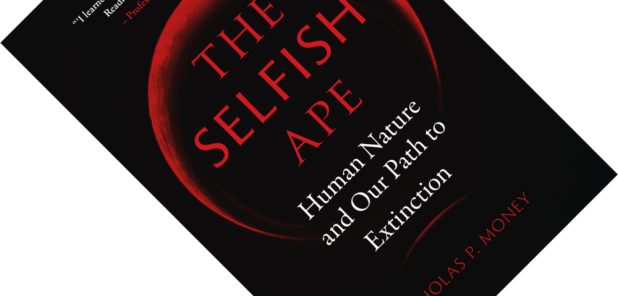7-minute read
In his book Half-Earth, the famous biologist E.O. Wilson proposed setting aside half of the planet’s surface for conservation purposes. Deborah Rowan Wright will do you one better; given how important they are for life on the planet, how about we completely protect the oceans. What, all of it? Yes, not half, all of it. We need a gestalt shift, from “default profit and exploitation to default care and respect” (p. 11). Such a bold proposal is likely to elicit disbelief and cynicism—”Impossible!”—and Wright has experienced plenty of that. But hear her out, for sometimes we are our own worst enemy. Future Sea is a surprisingly grounded, balanced, and knowledgeable argument that swayed me because, guess what, the oceans are already protected.

